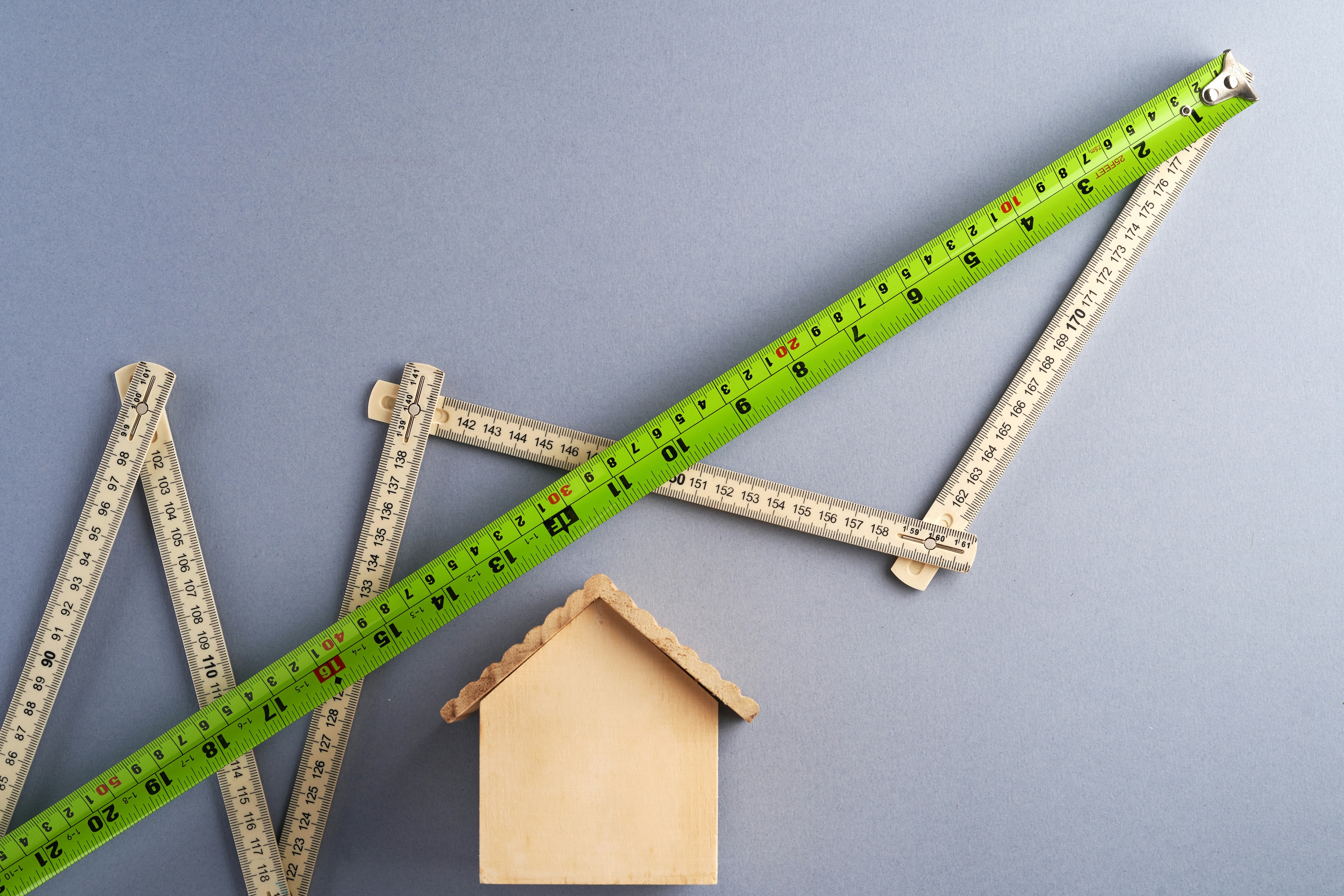Since the COVID-19 pandemic, the frequent request for “cash flow support” has been made.
Since the COVID-19 pandemic, the number of applications for loan repayment rescheduling (reassessment and changes to loan terms) from small and medium-sized businesses has reached over 3.17 million. This refers to the number of cases where businesses have requested their financial institutions to reschedule their payments due to financial difficulties. The execution rate for these requests is 99%, meaning nearly all requests for rescheduling have been approved. (This data has been made available on the Financial Services Agency website under “Situations Regarding Changes to Loan Terms,” as of September 2024). This data covers the period from March 10, 2020, just before the declaration of the COVID-19 state of emergency, to the end of September 2024, and the number continues to rise.
As of the end of July 2024, the total number of interest-free, unsecured loans (both private and government-backed), commonly referred to as “zero-zero COVID loans,” is approximately 2.64 million. Of this, about 20% have been fully repaid, while many businesses still have half of their debt remaining.
There is historical context behind this situation. Cash flow support is not something that banks are doing voluntarily, but rather something they are being asked to do. Most recently, on November 28, 2024, a request was made to financial institutions by the names of key ministers in the Ishiba administration. The request, titled “Thorough Business Support in Line with the Comprehensive Economic Measures for National Security, Safety, and Sustainable Growth,” asks for support in repaying loans and mortgages. Such requests have been made repeatedly since the declaration of the COVID-19 state of emergency. Now, with the pandemic over and under normal economic conditions, the continued requests suggest that the current government wants to prevent an increase in bankruptcies under its administration.
There is a negative history behind providing such financial support. First, in 1998, the number of suicides in Japan increased by 8,472, reaching a total of 32,863. This was said to be caused by widespread loan call-ins by banks in anticipation of the upcoming financial big bang. From the banks’ perspective, after the collapse of the bubble economy, as real estate prices fell, they had to set aside provisions for bad debts related to real estate loans. To avoid this, many banks opted for loan call-ins. As a result, many of the suicides were among male business owners in their 50s and older, which became a societal issue.
Despite this situation, the number of corporate bankruptcies in Japan in 2024 is estimated to be 10,016 (according to Tokyo Shoko Research) or 9,901 (according to Teikoku Databank). Even though rescheduling loan repayments may be seen as a sign of impending bankruptcy, the bankruptcy rate remains low, at just 0.3%.
What is the “5-Year Rule” Applied by Banks? What to Do If Mortgage Payments Become Difficult
In 2008, following the financial crisis such as the Lehman Brothers collapse, a law called the “Small and Medium-sized Enterprise Financial Facilitation Act” (commonly known as the Moratorium Law) was created to prevent similar situations from happening again. This law was designed to ease the loan conditions from financial institutions and provide grace periods for repayments in order to improve the cash flow of small and medium-sized enterprises. Thanks to this, the number of suicides did not increase, and the crisis was avoided. The law was a temporary measure for only two years but was extended twice and ended in March 2013. Nevertheless, the approach to financial support for small businesses continued after that, leading to the ongoing efforts to confirm cash flow assistance post-COVID-19.
Similarly to small business loans, 164,046 housing loans have been rescheduled. The implementation rate for these applications exceeds 97%. In this case as well, repayment has been deferred. Given that there are 30 million homeownership households across the country and assuming that half of them still have mortgage debts, the rescheduling rate of 1% implies that 99% are repaying without issues.
Housing loans have mortgages set on real estate. Because the real estate serves as collateral, loans can be obtained at low-interest rates. The value of this real estate has been continuing to rise. Since 2013, when financial easing began, the price of condominiums has nearly doubled. Similarly, the demand for homes surged during the COVID-19 stay-at-home period, causing prices for single-family homes to rise by 20%. Likewise, land prices for homes in urban areas have continued to rise. With the low-interest rates and ongoing principal repayment, coupled with inflation in asset values, it is now possible to fully repay housing loans by selling real estate. Banks are reassessing the asset values of the collateralized properties. They are fully aware that the possibility of mortgage loans going bad is low.
Additionally, the main reasons for delays in mortgage repayments are income reductions, increased expenses, and poor planning, not rising interest rates. Variable interest rates are typically reviewed every six months, and many banks apply the “5-Year Rule,” meaning that even if interest rates increase, the repayment amount remains the same for five years. Because of this, a reduction in income poses the greatest repayment risk.
In light of this situation, if mortgage repayment becomes difficult, it is best to first request a rescheduling. As mentioned earlier, nearly 100% of requests are granted, and the longer the delay, the higher the likelihood that the asset value will rise. In particular, since the demand for condominiums in urban centers has been strong, land prices have soared, and construction costs have also increased sharply, the price increase of newly built properties is nearly certain to continue for the next three years. While many people view mortgage loans as debt, but considering it positively as proof of owning assets.

For additional information or any questions please contact us here
Email: info@remax-apex.com

